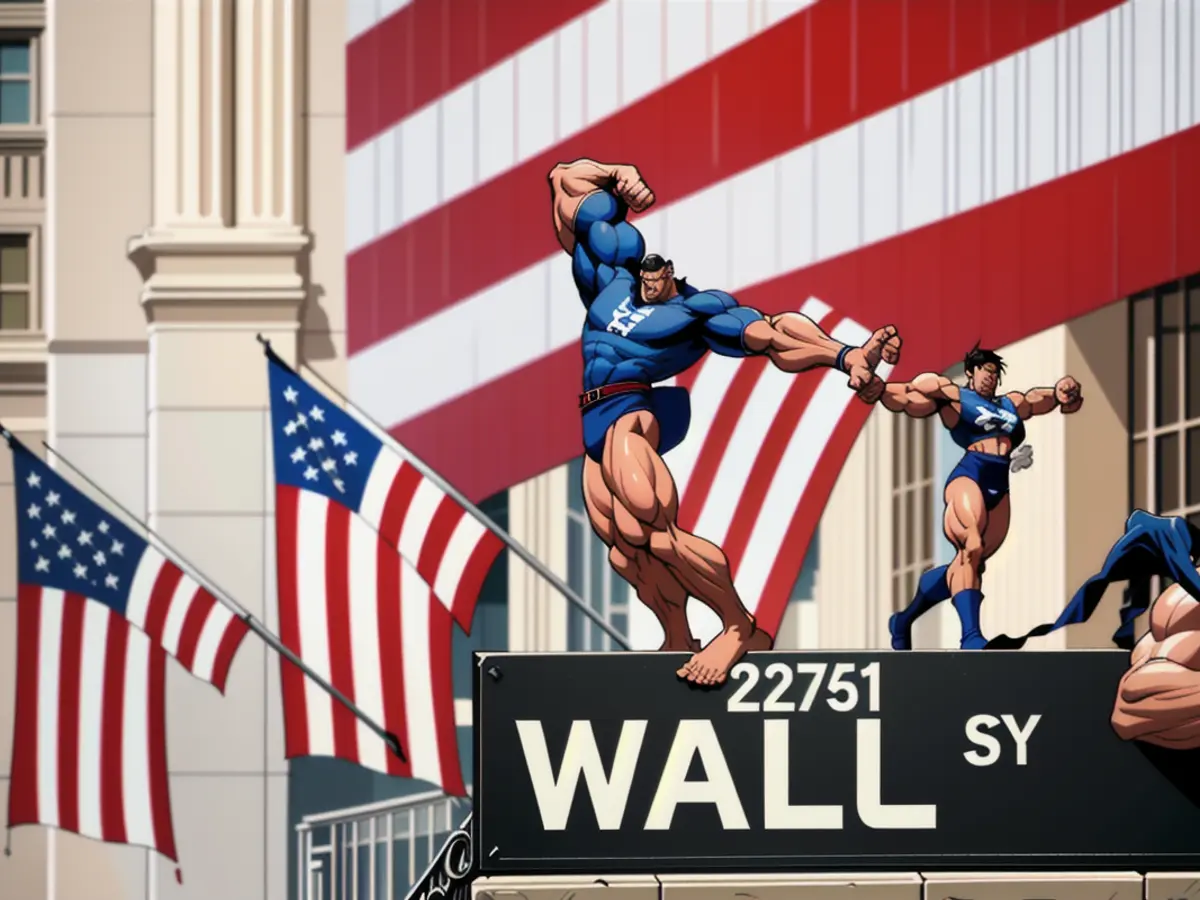Each Wall Street Expert Assessing Nvidia's Stock Predicts an Upsurge – Here's Potential Reasons They Might Be Mistaken
2024 saw a triumphant return for Wall Street optimists, with all major indices - the Dow Jones Industrial Average, S&P 500, and Nasdaq Composite - breaking numerous record highs and posting impressive gains of 13%, 23%, and 29% respectively. The catalysts for this rally were robust corporate earnings, a resilient U.S. economy, declining inflation, and the election of former President Donald Trump in November. At the heart of the rally was the revolutionary and evolving field of artificial intelligence (AI).
AI is transforming the global landscape, providing software and systems with the capacity to reason, act, and evolve, without human intervention. The technology, forecasted to increase global GDP by 26% by 2030 according to PwC, has been a boon for the tech sector, with none benefiting more than Nvidia (NVDA 3.49%).
Over the past two years, Nvidia has transitioned from a $360 billion company mainly recognized for its graphics processing units (GPUs) used in PC gaming and cryptocurrency mining, to a $3.7 trillion behemoth. Its GPUs are now integral to enterprise-operated AI-accelerated data centers, driving demand for its ultra-popular Hopper (H100) chip and the upcoming Blackwell GPU architecture.
The scarcity and exceptional demand for Nvidia's AI-GPUs, coupled with its unprecedented computing power and energy efficiency, have significantly boosted its pricing power and gross margin. Nvidia's unparalleled computational capabilities extend to areas such as quantum computing and generative AI solutions, further solidifying its competitive edge.
Nvidia's success goes beyond hardware, with its CUDA software platform empowering developers to maximize the computing potential of their GPUs, keeping customers loyal to its product and service ecosystem. Moreover, Nvidia's operating results have regularly surpassed Wall Street analysts' expectations, fueling speculations of a potential quintupling of sales in two years.

Given these factors, it comes as no surprise that Wall Street analysts universally anticipate further growth for Nvidia stock. Of the 40 analysts issuing target prices, the lowest (Of $135 per share) suggests just a 5% upside from its closing price on January 28, 2025. With not a single analyst rating Nvidia as underperform or sell, it appears to be a widely popular choice among analysts.
However, following historical trends, this unanimous bullish outlook could be an indicator of a contrarian situation. The rise of the internet in the 90s, for example, brought a dot-com bubble that wiped out 78% of the Nasdaq Composite's value on a peak-to-trough basis. More recent innovations have similarly experienced unrealistic expectations and subsequent corrections.
As concerns around competition, quality issues, geopolitical risks, and overvaluation surface, it becomes essential to maintain a measured perspective on the prospects of Nvidia stock.
Investors looking to capitalize on the finance sector's momentum might consider allocating funds towards companies benefiting from AI advancements, such as Nvidia. With AI contributing to a projected 26% increase in global GDP by 2030, investing in companies like Nvidia that are at the forefront of this technology could yield substantial returns.
As Wall Street analysts continue to predict positive growth for Nvidia stock, prospective investors may consider diversifying their portfolios by investing in this sector, recognizing the potential for significant gains in the finance market.






